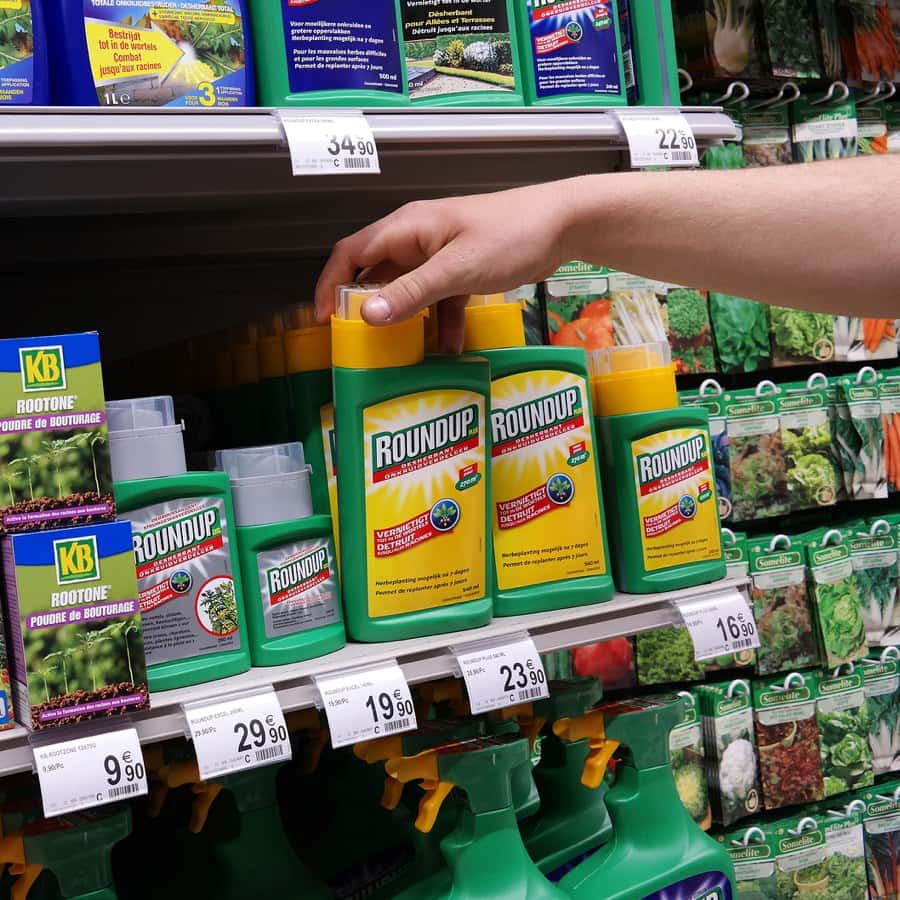
Have you ever tried to pull up weeds? It’s slow, painstaking work. Anyone who has attempted to get rid of weeds in a lawn, walkway or garden knows that it is a lot easier to spray with a weedkiller. Farmers fell in love with Roundup because it made their weedkilling job easier. But this week, Bayer announced that it would settle Roundup litigation. The company has set aside up to $10.9 billion for plaintiffs who believe that the weedkiller caused their cancers.
The Story of Roundup:
Monsanto created the herbicide known as glyphosate in the early 1970s.
According to The New York Times (Sept. 20, 2019):
“The chemical was introduced to commercial agriculture in 1974. But the Roundup revolution took off in 1996, when Monsanto started selling genetically modified seeds that produced crops resistant to the herbicide’s attack on weeds.”
Bayer bought Monsanto in 2018. The price of the acquisition: $63 billion. One wonders whether Bayer realized what it was getting itself into. For the last two years, the pending Roundup litigation was impacting Bayer’s share price. The company has maintained that the weedkiller is safe and maintained that the Monsanto deal was good business.
Settling the Roundup Litigation:
Bayer has agreed to pay up to $10.9 billion to settle tens of thousands of lawsuits. That despite the company’s assertion that Roundup is safe and that the active ingredient doesn’t cause cancer. Bayer will continue to sell Roundup.
A review in the journal Mutation Research/Reviews in Mutation Research (July-Sept. 2019) reports:
“Glyphosate is the most widely used broad-spectrum systemic herbicide in the world. Recent evaluations of the carcinogenic potential of glyphosate-based herbicides (GBHs) by various regional, national, and international agencies have engendered controversy. We investigated whether there was an association between high cumulative exposures to GBHs and increased risk of non-Hodgkin lymphoma (NHL) in humans.
“Overall, in accordance with findings from experimental animal and mechanistic studies, our current meta-analysis of human epidemiological studies suggests a compelling link between exposures to GBHs and increased risk for NHL.”
Should There Be A Cancer Warning on Glyphosate?
In a separate legal proceeding, Bayer won relief from California’s requirement that there be a warning about cancer on the product’s label. The U.S. federal appeals court ruled that the state’s labeling requirement was not adequately supported by regulatory findings.
If the state of California had won, all glyphosate products sold in the state would have had to carry a warning that the products are “known to the state of California to cause cancer.”
What are we to make of these conflicting messages? Bayer says Roundup is safe. But it agrees to pay up to $10.9 billion to settle Roundup litigation involving tens of thousands of cancer patients. At the same time, a federal appeals court says that California can’t put a cancer warning on the label because U.S. regulators have not ruled that glyphosate poses a problem. All this leaves us scratching our heads. What about you?
If you would like to learn more about the ways companies manage to delay regulations, you might want to listen to our syndicated radio show this Saturday. The podcast will be available starting Monday morning.

